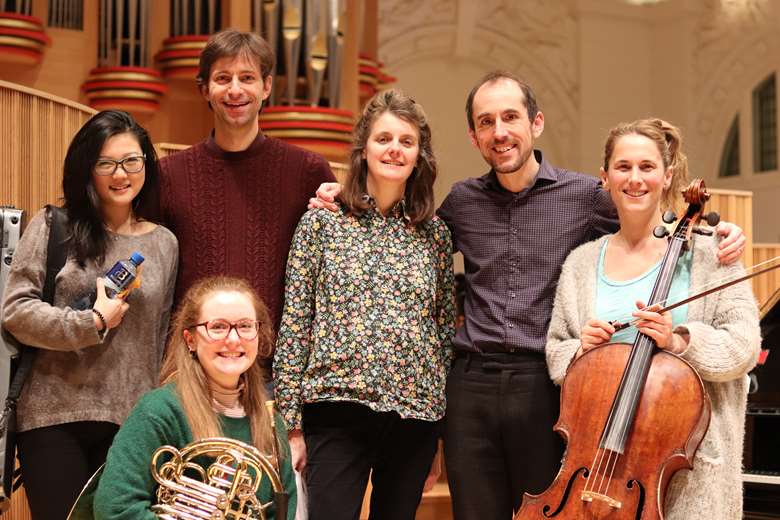Between two worlds: discovering the music of Robert Kahn (1865-1951)
Norbert Meyn
Monday, February 15, 2021
Ensemble Émigré’s debut CD ‘Leaves from the Tree of Life’, soon to be released on Rubicon Classics, is underpinned by research at the Royal College of Music

(c) Norbert Meyn

Register now to continue reading
Don’t miss out on our dedicated coverage of the classical music world. Register today to enjoy the following benefits:
- Unlimited access to news pages
- Free weekly email newsletter
- Free access to two subscriber-only articles per month